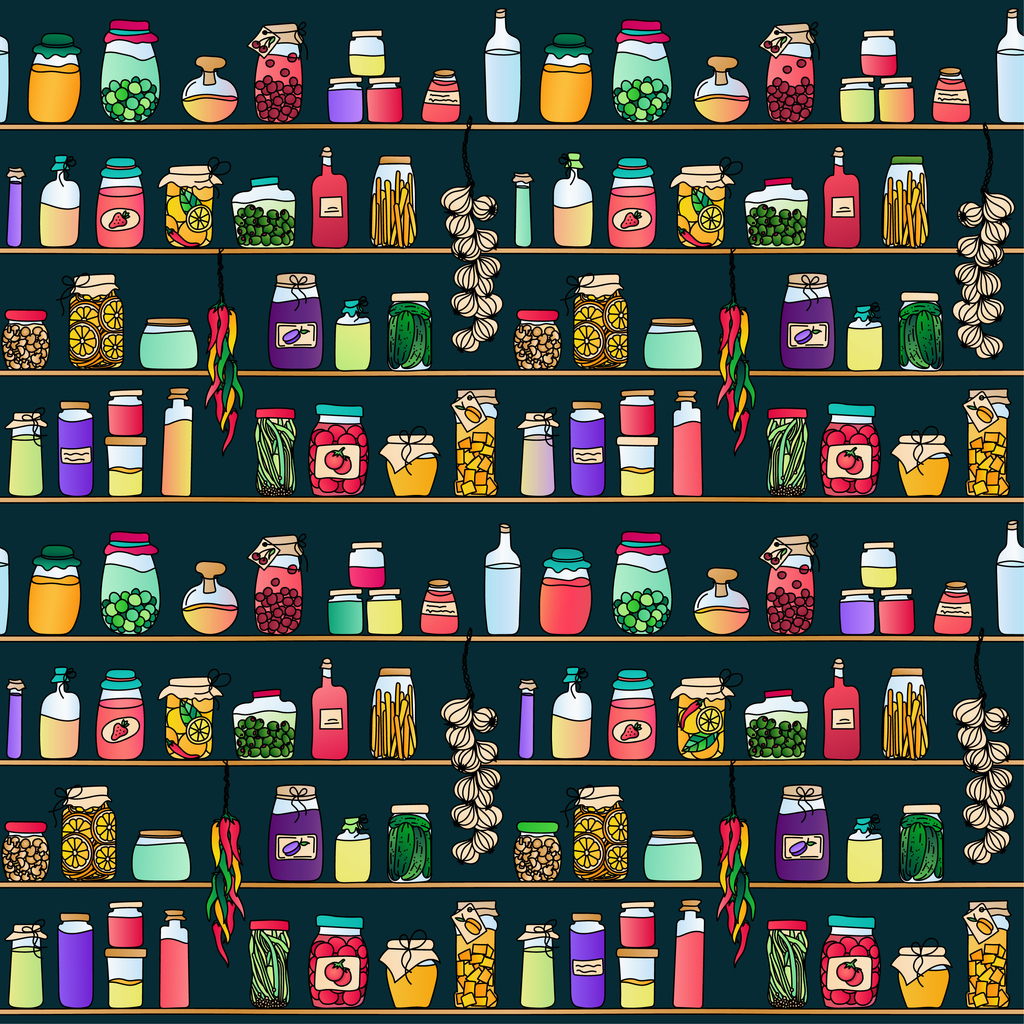An FDA advisory committee almost unanimously agreed that the risks were just too high for the chronic kidney disease (CKD)-related anemia drug roxadustat in any patient population.
In a 13-1 vote Thursday, members of the Cardiovascular and Renal Drugs Advisory Committee felt that although there’s an unmet need for new anemia therapeutics, this particular drug carried too strong of a safety signal for thrombotic risk in a non-dialysis dependent patient population.
Read more, here.






